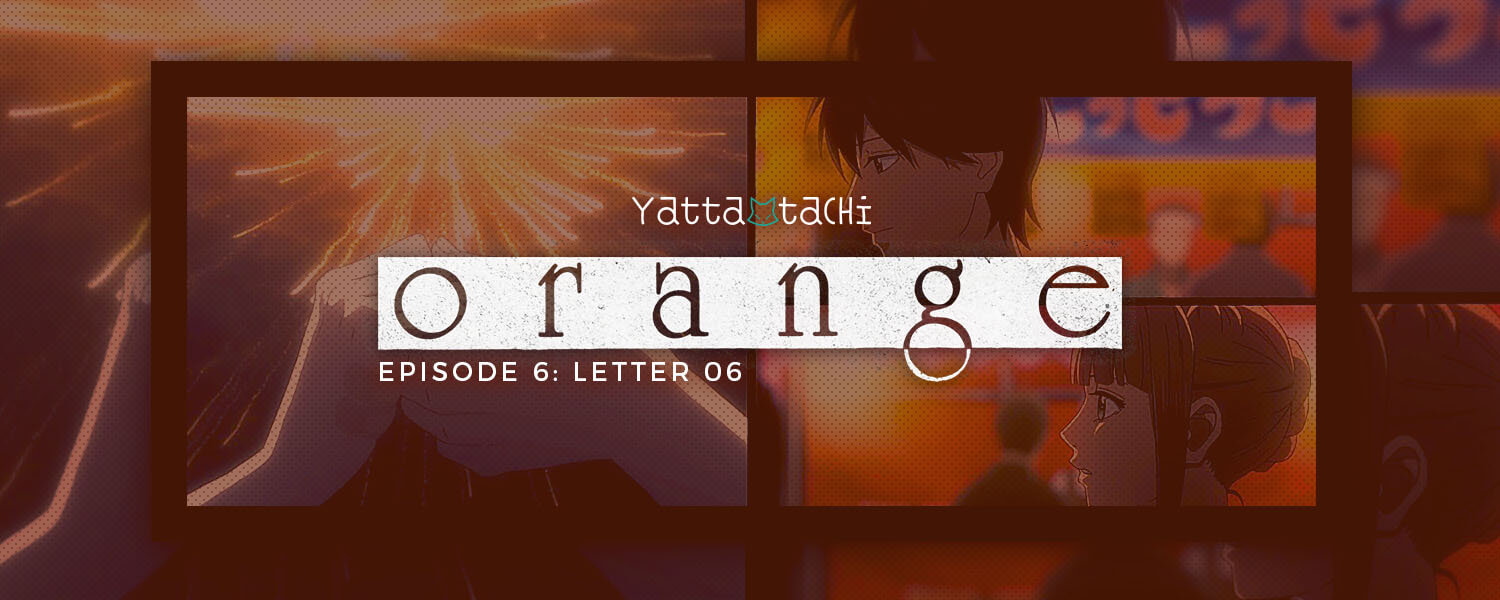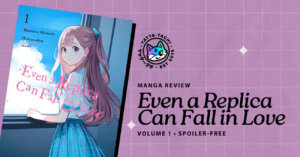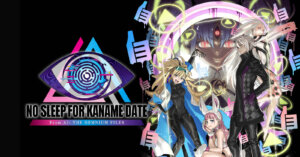Orange Episode 6 answers an important question regarding Naho’s letters. It also throws us a curveball regarding Suwa (and possibly the rest of the gang). We also hear more about Kakeru’s mother. This week’s episode is a little heavy, so prepare yourselves as we take a look at Orange Episode 6!
Note: The following review contains spoilers of the sixth episode of Orange. If you do not wish to be spoiled, please watch the episode before you continue reading. If you haven’t seen the series, be sure to check out our first impressions (spoiler-free).
Warning
This episode and review discuss mental illness. Reader discretion is advised.
Synopsis
Naho and Kakeru grow closer, and Kakeru’s feelings for Naho become stronger. Naho tries to learn more about his mother’s suicide and his thoughts regarding it. Their friends continue to help their blossoming relationship.
The Good and the Bad
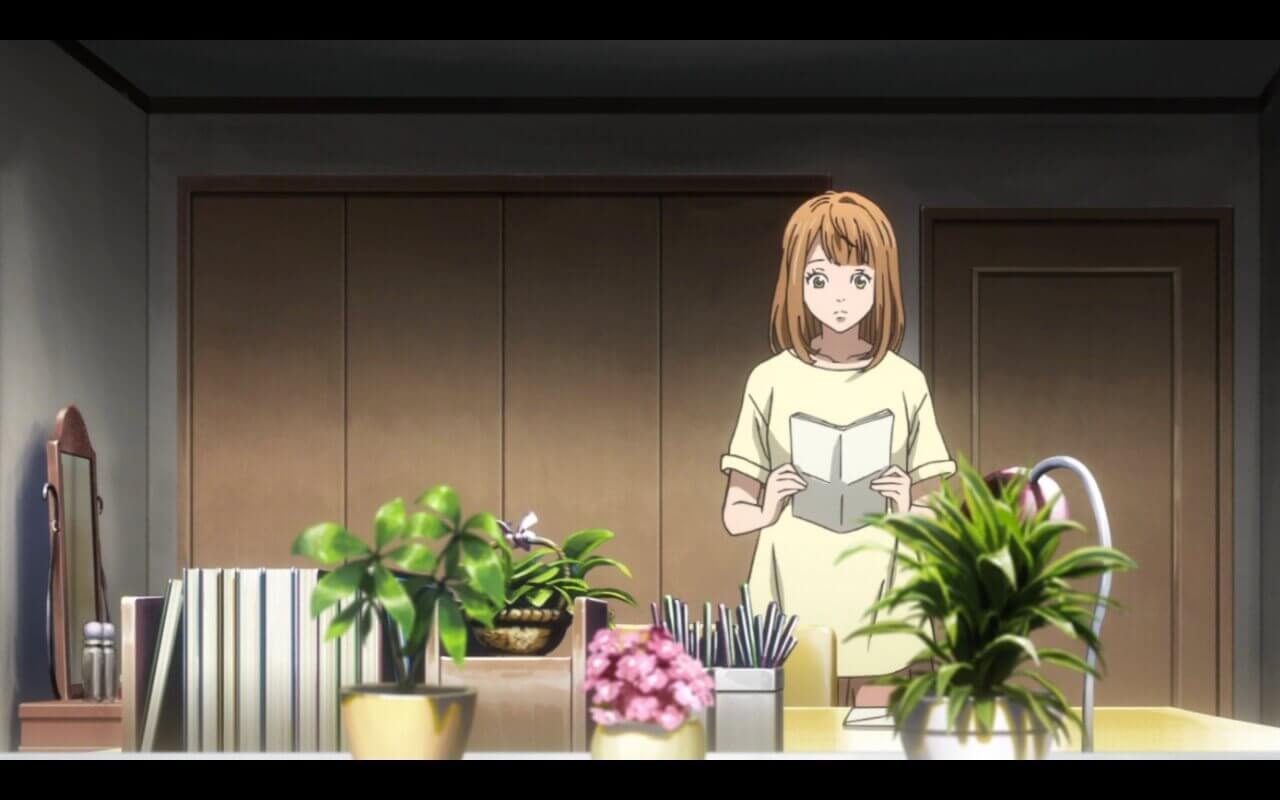
Yay, this episode answers another question! Naho mentions that she received all of the letters at once. She also says she was too scared to look at them all. I’m a little torn by this: on the one hand, I can understand her nervousness. It’s a delicate situation, and if one of the letters mentions something really unpleasant, it could be hard to take. On the other hand, this is your friend’s life we’re talking about. She’s trying to save him. The more information she knows going into it, the better. For example, Naho reads ahead and learns that Kakeru actually commits suicide. If she read this letter sooner, Naho might have acted differently. One possibility is that she freaks out and second guesses everything she does to help him. Another is that she acts with more determination and confidence so that moments like Episode 4 don’t happen.
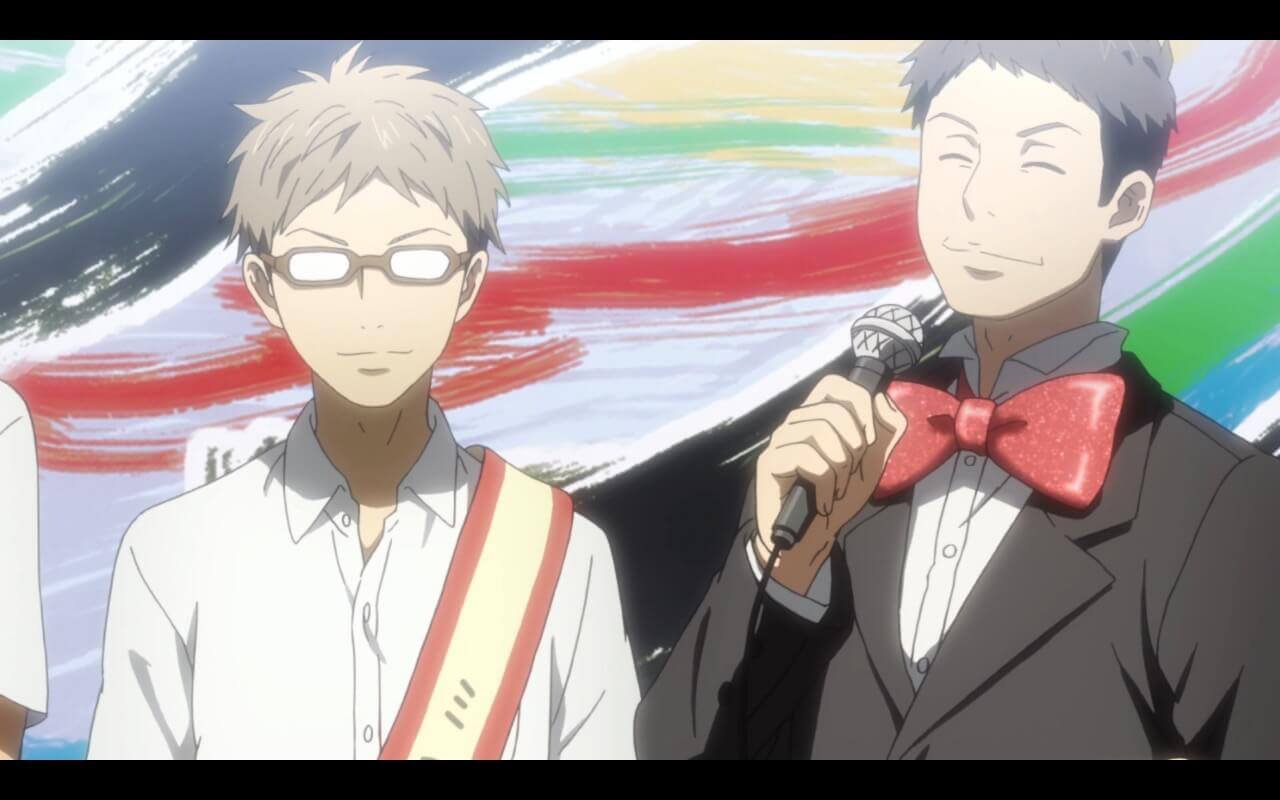
I enjoyed the rapport amongst the friends in this episode. They don’t spend a lot of time on screen, but they appear enough to not only add to the plot’s movement, but also instill some humor in the episode. I like the Miss Azalea scene in particular; Ueda-senpai wins, and Taka’s reaction shows her quick temper (or perhaps her sense of justice). Then, the announcer crowns Hagita Mr. Last Place, which he seems quite happy about. His anger towards Azu after he learns she gave him a vote (thus thwarting his perfect zero) is amusing, especially when Taka and Suwa say the two should just go out already. I think these smaller moments with her friends work better than montages or conversations that don’t seem to go anywhere. We get a small taste of their personalities, and the scenes feel well integrated with the rest of the story.
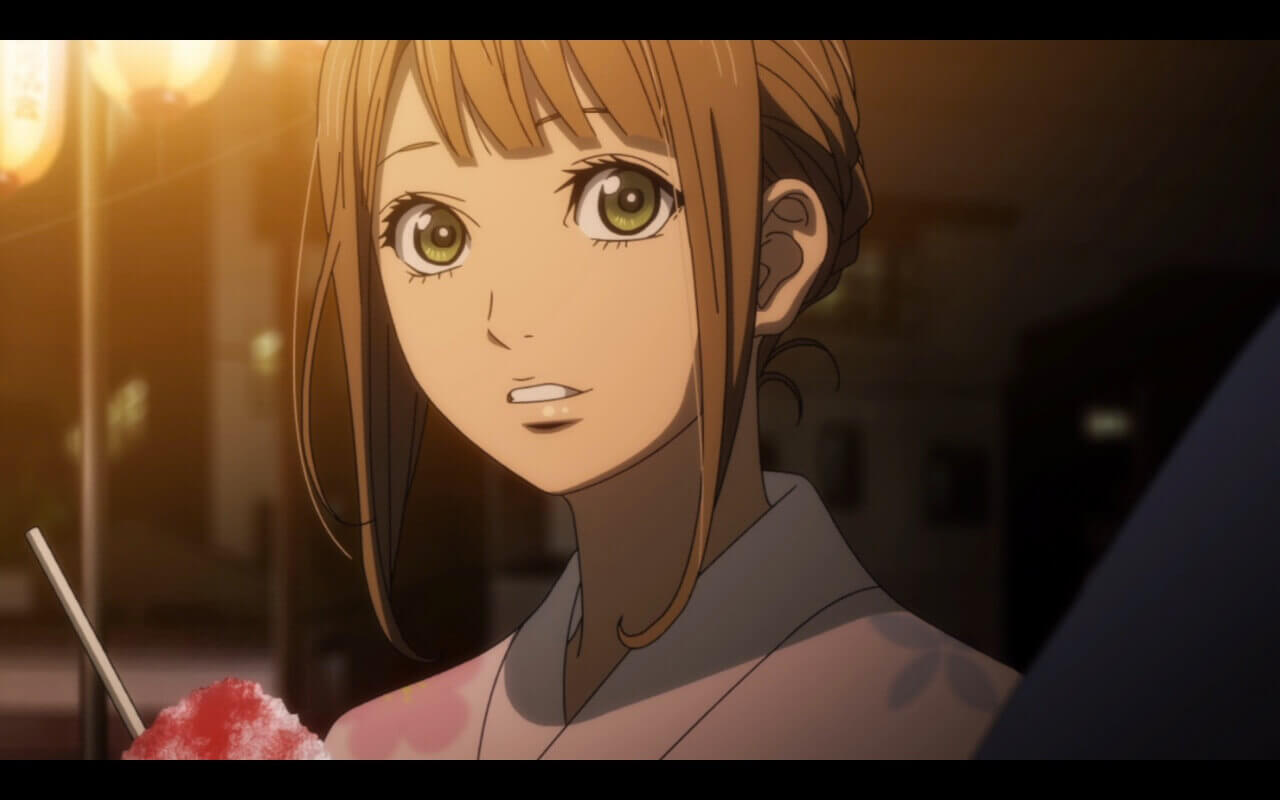
Naho’s cluelessness continues to bother me. After the scene between her and Kakeru at the pool, you’d think that she might suspect he likes her. After all, he says he would ask her out over Azu and Taka. At the Bon Festival, Naho brings up the person he’s interested in. He then says that interest evolved into love. Why wouldn’t she suspect that he’s in love with her? Along with that fireworks scene, he gave her a hairpin, asked her to study with him, agreed to watch the fireworks together, compared holding her hand to holding Ueda-senpai’s hand…I just don’t get it. I know Naho is shy and doesn’t have the most confidence, but there are so many signs! I just don’t see how someone could be that naïve.
General Thoughts
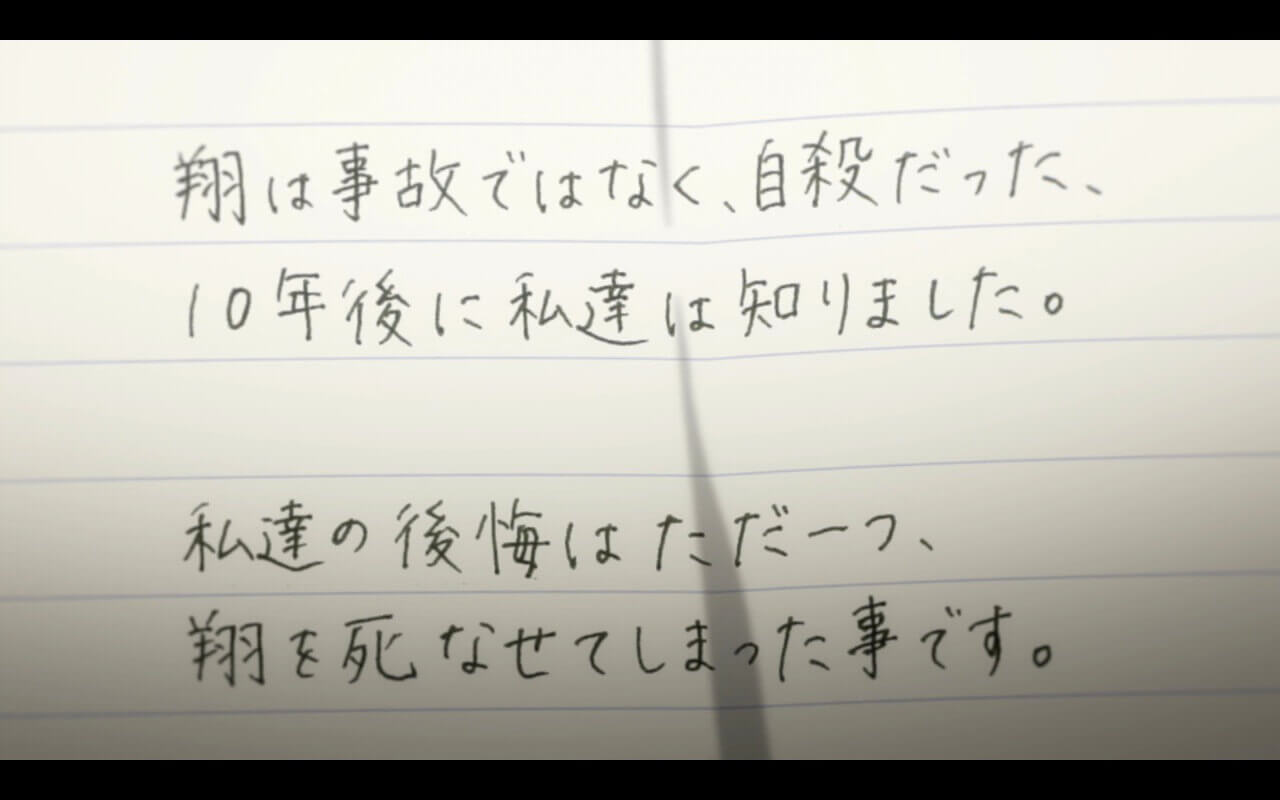
We learn that Naho received all of the letters at once. However, we still don’t know when Adult Naho writes them. She refers to Kakeru’s death as an accident in an early letter, but another letter reveals that she and her friends find out years later that he committed suicide. This leads me to believe that she doesn’t write the letters at the same time. At what point does she come up with the idea to write letters? The alternative universe scenes not only reveal more information to the characters, but they increasingly bring up time travel. It’s been 10 years since Kakeru’s death, and even longer since their former teacher discussed time travel. Naho writing the letters after the two days makes more sense. This leads back to something I pondered in Episode 3: does she actually write them? Are the letters just her thoughts that transport themselves across dimensions?
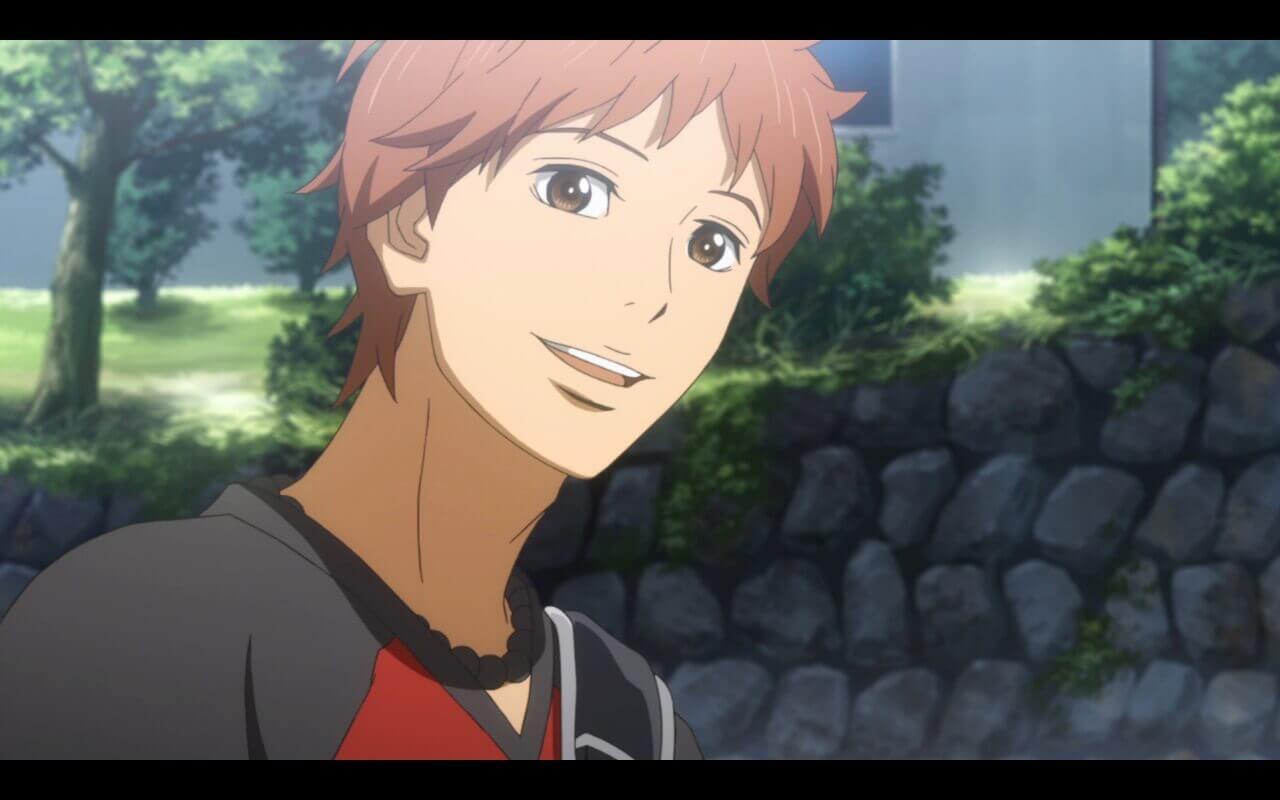
This becomes more complicated after the big reveal at the end of the episode. Suwa asks her if she also received a letter, indicating he also received at least one himself. So…what on earth does his letter say? In the alternate universe, he’s Naho’s husband. In this one, though, he’s encouraging Naho and Kakeru to date. Does his letter have explicit instructions like Naho’s, or is it more vague? If Suwa received a letter, does that mean the others received one, too? What do those letters say? Without knowing how the letters are sent, it’s hard to guess at these things. If they are actually written, then are they all collaborating on their letters? If not, then what leads their thoughts to converge on the point of Naho and Kakeru dating? It’s an intriguing revelation, to be sure, but it opens up a ton of questions.
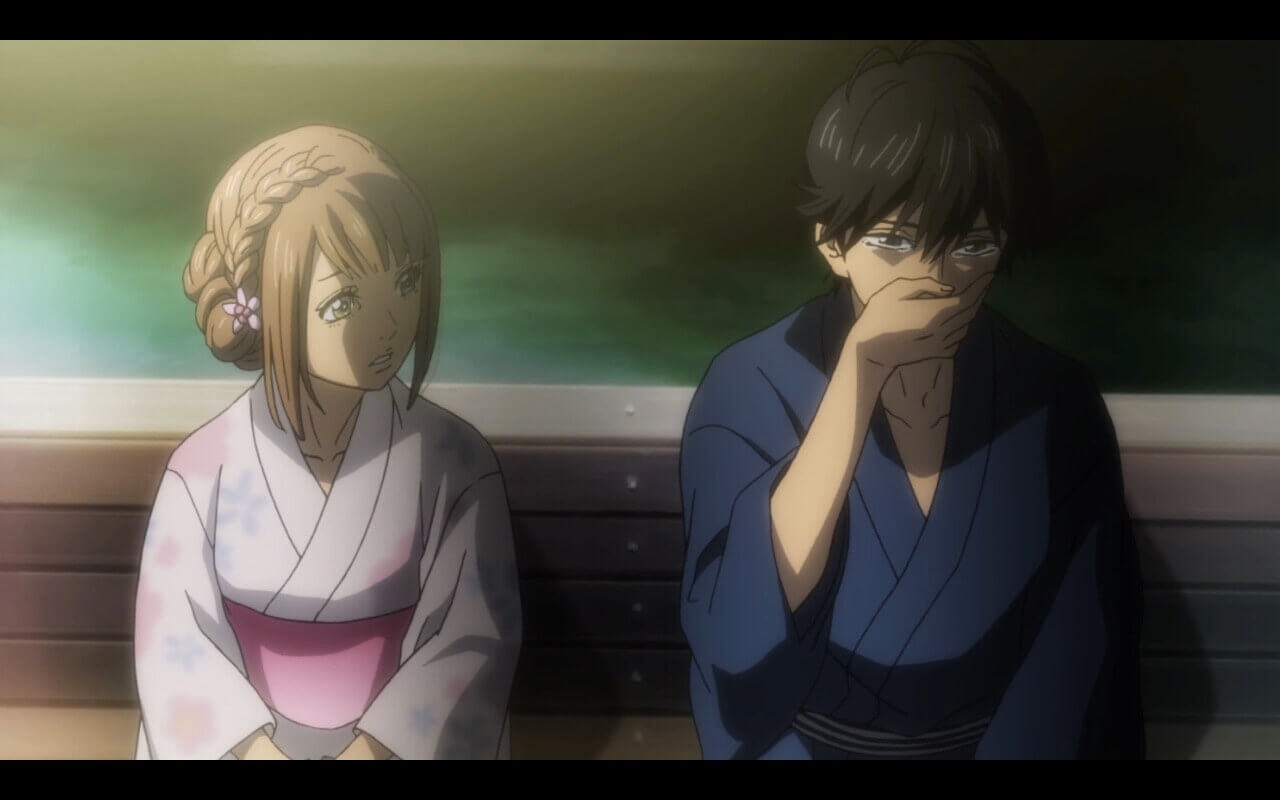
Finally, let’s talk about Kakeru and his mother. The scene when he confides in Naho is quite emotional. We haven’t learned anything new about Kakeru’s mother since Episode 2. Kakeru tells Naho that his mother became psychologically unstable and dependent on him after becoming ill. His guilt stems from breaking his promise to her; he said he would go with her to the new hospital she would be using, but instead texted her that he couldn’t go. Both Naho and Kakeru feel her death is their fault. Society doesn’t talk about mental health openly too much; not in Japan, and not here. Sure, there are plenty of movies and shows that explore it. In reality, the person who suffers tends to hide feelings and thoughts regarding their depression. They don’t want people to judge them, nor do they want to impose upon someone else. Kakeru being afraid to tell Naho makes sense; he really likes her, and he doesn’t want her to know about the sadness that plagues him. This isn’t only a scene about his mother; it’s just as much about Kakeru. He suffers from depression as well. The show doesn’t state that he suffers from depression. However, since he tries to kill himself to see his mother again and get rid of his guilt over her death, it’s quite apparent that he suffers from it. Naho correctly assesses that she can’t save him by herself. He supported his mother for some time before she died, and that burden likely had something to do with his sadness. Her death escalated it further.
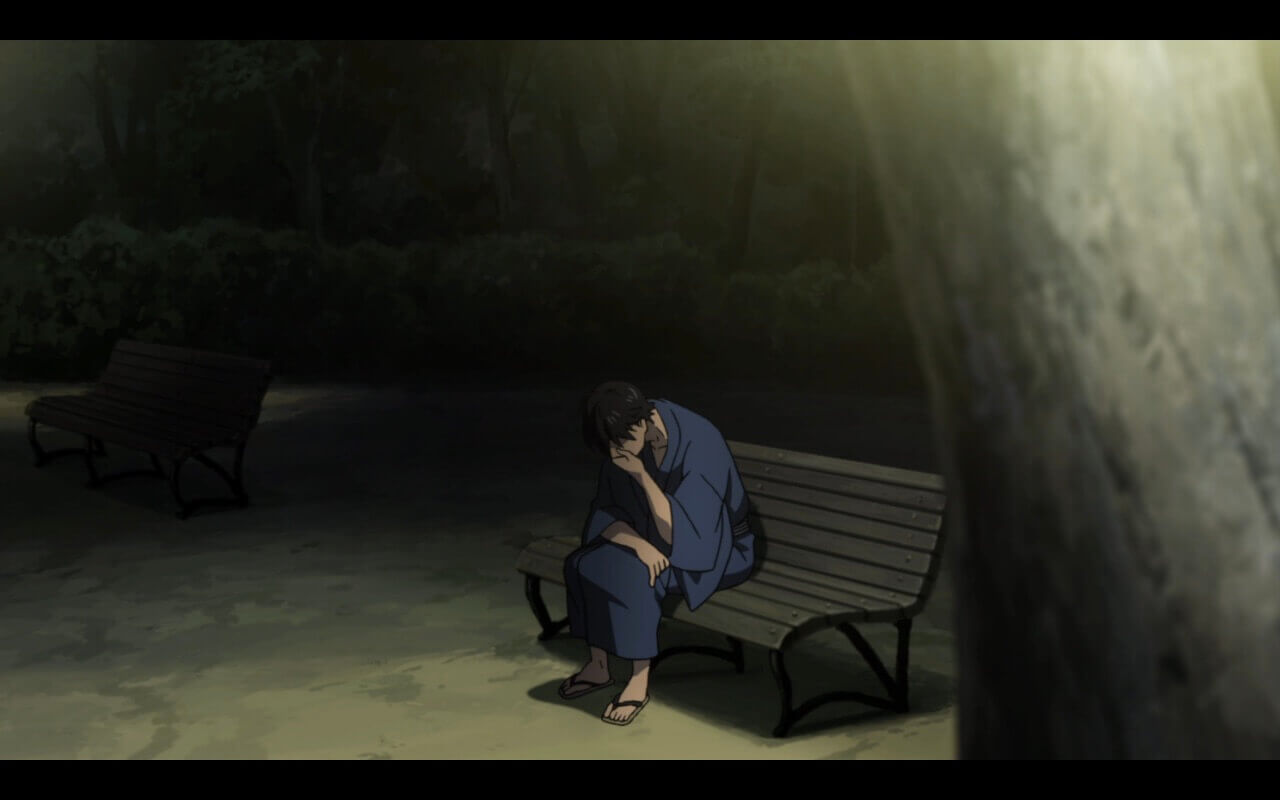
Naho asks, “What does it mean to ‘save’ someone?” To save Kakeru, it will take more than just “making him happy.” Naho does a lot that makes him happy. When deep sadness, regret, and guilt plagues you, though, that happiness becomes fleeting. Maybe he has a lot of fun with them, but at the end of the day, he goes home to his grandmother and remembers his mom isn’t there. She can’t shield him from those thoughts all the time. She can’t spend every moment with him to make sure he’s happy. The only way to save him is to help him move past his guilt. His grandmother in the alternate timeline wishes she could have helped him, but recognizes there’s nothing she can do now. He has to reach a similar point. Suicide is about more than just what one person could have done. The individual who attempts it has a lot going on in their head. It’s natural to feel like you could have done something to prevent it, but the situation is more complicated than that. I don’t know how the show will handle this from here on out, but I hope it handles it with great care. If Naho and the gang want to save him, they need to find a way to give him the help he really needs.
Orange Episode 6 is a lot heavier than the previous episodes. I’m glad it focuses on Kakeru and his mother more, since the story needed to address them. I think the fact that he opens up to Naho in this episode is a good sign. Even though we don’t spend a lot of time in his head, it does show that he’s grown as a character. It also shows that his friendship with everyone has changed him. It may not have drastically changed the person he is, but the small ways it has are extremely important. I look forward to learning about the letters everyone else received, as well as Kakeru’s journey to leave his guilt behind.
If you or someone you know are experiencing similar feelings or thoughts, please contact a medical professional or your local suicide hotline. For more information, please visit the MentalHealth.Gov website.

Featured Sponsor - JAST
The sweetest romance and the darkest corruption, the biggest titles and the indie darlings; for visual novels and eroge, there's nowhere better.
Big thank you to our supporters
From their continous support, we are able to pay our team for their time and hard work on the site.
We have a Thank-You page dedicated to those who help us continue the work that we’ve been doing.
See our thank you page